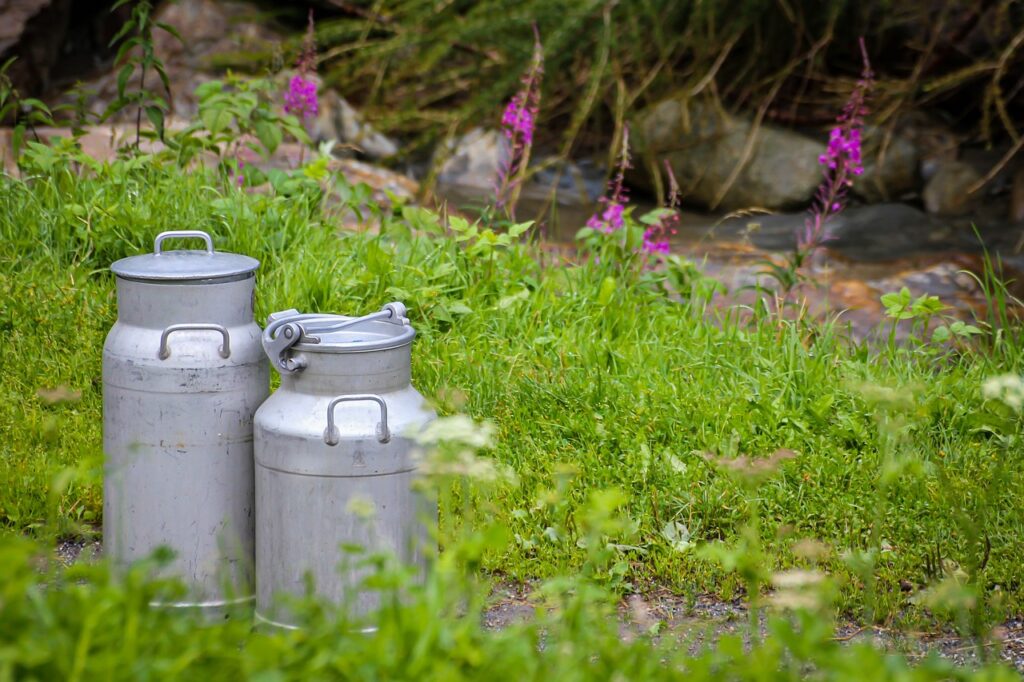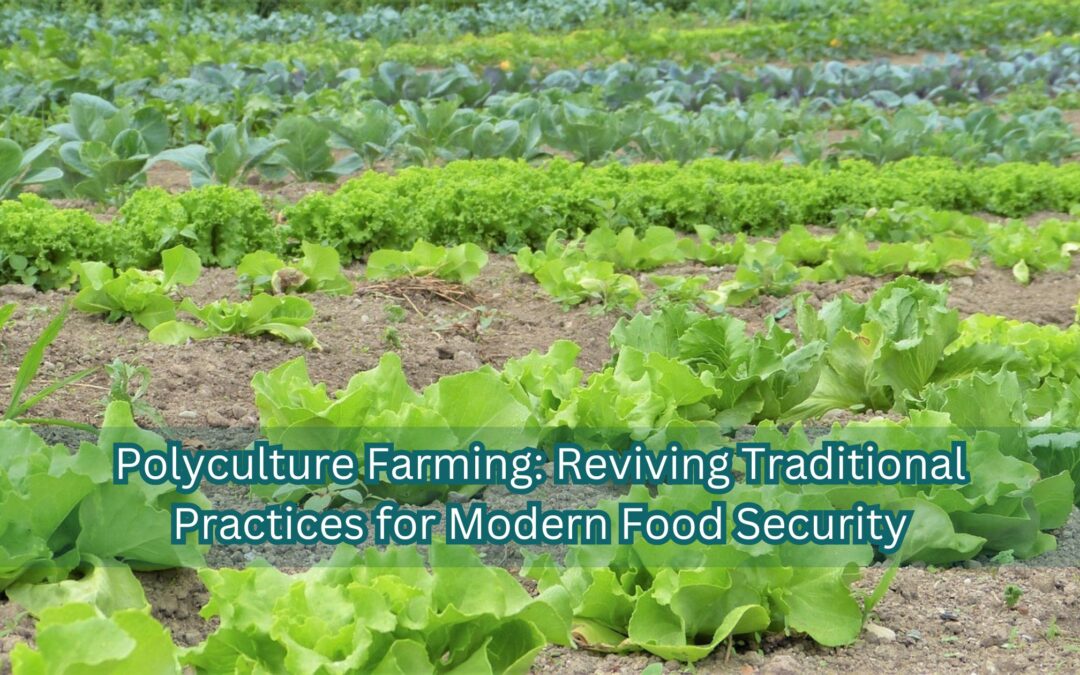In the face of global challenges such as resource scarcity, agricultural pollution, and ecosystem decline, many farmers are adopting sustainable farming techniques to boost productivity and resilience. One such method is polyculture farming, an agricultural practice that involves growing multiple crops in the same area. With its roots in ancient farming methods, polyculture is reemerging as a sustainable alternative to monoculture. This practice plays a crucial role in regenerative agriculture by promoting biodiversity, enhancing food security, and improving soil health.
Here are some key ways in which polyculture farming revives traditional practices:
1. Increased Biodiversity
One of the greatest advantages of polyculture farming is its ability to foster biodiversity. By cultivating a variety of crops together, polyculture creates a diverse ecosystem that supports beneficial insects, birds, and microbes. This natural balance helps control pests and diseases, reducing the need for chemical pesticides. Additionally, the diversity of crops builds a resilient ecosystem that adapts to environmental changes and mitigates the effects of extreme weather.
For more on biodiversity and its role in sustainable agriculture, visit National Geographic’s article on Biodiversity.
2. Enhanced Soil Health
Polyculture farming significantly improves soil health. Different crops have varying root systems and nutrient requirements, which help strengthen soil structure and prevent depletion. For instance, deep-rooted plants enhance water infiltration and reduce erosion, while legumes fix nitrogen in the soil, decreasing the need for synthetic fertilizers. Over time, the complementary interactions among crops enrich the soil, making it more productive and fertile.
To explore how legumes improve soil fertility, check out this resource from FAO on Nitrogen Fixation.
3. Reduced Risk of Crop Failure
In monoculture systems, a single pest outbreak or extreme weather event can devastate entire fields. Polyculture farming mitigates this risk by increasing crop diversity. If one crop fails, others can still thrive, ensuring a steady food supply. This diversity supports regional food systems and meets a broader range of nutritional needs, contributing to greater food security.
Learn more about how crop diversity prevents failures in this article by The Food and Agriculture Organization (FAO).

4. Reliable Income Source
Polyculture farming offers farmers more reliable income streams. By cultivating a variety of crops, farmers can access multiple markets, reducing their dependence on the price volatility of a single commodity. Additionally, the reduced reliance on synthetic inputs and pesticides lowers production costs, ultimately increasing profitability.
For insights on the economic advantages of diversified farming, visit The Rodale Institute’s Guide to Diversified Farming.
Challenges and Opportunities of Polyculture Farming
While polyculture farming has many benefits, it also comes with challenges. Managing a variety of crops requires more expertise and labor compared to monoculture systems. Planting, harvesting, and marketing multiple crops can be time-consuming and resource-intensive. However, advancements in agro-ecological research and technology are making polyculture farming more scalable and accessible for modern farmers.
Conclusion
Polyculture farming offers a sustainable solution to the pressing issues of food security and environmental degradation, while also reviving traditional agricultural practices. By promoting biodiversity, improving soil health, and providing economic stability, polyculture addresses the drawbacks of monoculture and paves the way for a more resilient agricultural future.
As global populations grow and environmental challenges intensify, polyculture farming stands out as a viable and sustainable method to feed the world.
Learn more about sustainable farming practices by visiting EAT Community.



